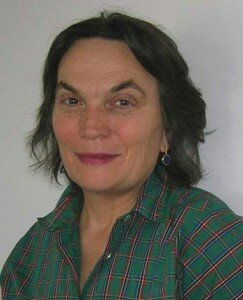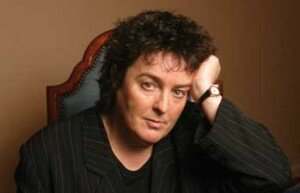Dorothy Porter’s poetics affirm the extremities of my corporal existence. I cannot escape my body but I can read Porter’s lyrics and become intimate with the pulsations, aches and fluids of my own mortality. Lines from the title poem in Porter’s poetry collection, Crete (1996), allow me to express my feelings towards her poetry: ‘Finding a vein /I find you…O flash! O honey!’
When discussing her verse novels, Dorothy Porter explicitly stated that she loved to ‘write bad’. It was Porter’s fearless exploration of the ‘bad’, the erotic taboo, that allowed her to take charge of the verse novel, and by doing so, create a space for discussion about poetry and queer sexuality.
In a paper presented at the Tasmanian Readers’ and Writers’ Festival in August of 1999, Porter spoke openly about an era in her life where – in an attempt to gain a wider readership and more financial stability from her writing – she wrote the two young adult novels Rookwood (1991) and The Witch Number (1993). As Porter explains, despite her attempts to consciously write for a young adult audience, The Witch Number was still criticised for being too subversive. Porter believes that this rejection of The Witch Number was due to her exploration of witchcraft and menstruation and she was happy for this view to be proved wrong. However it was this rejection of The Witch Number that drove Porter to write against everything she considered ‘good’, to only write for herself – and what Porter wanted to write was poetry that would drip and make sticky freshly mopped tiles:
‘I wanted ingredients that stank to high heaven of badness. I wanted graphic sex. I wanted explicit perversion. I wanted putrid language. I wanted stenching murder. I wanted to pour out my heart. I wanted to take the piss. I wanted lesbians who weren’t nice to other women. I wanted glamorous nasty men who even lesbians want to fuck. I wanted to say that far too much Australian poetry is a dramatic cure for insomnia. But I still wanted to write the book in poetry.’ Read more…


